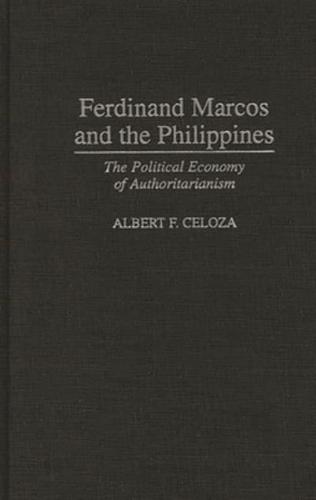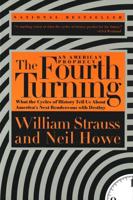Publisher's Synopsis
Ferdinand Marcos came to power in the Philippines in a coup détat in 1972 and ruled absolutely, in the name of order, until his dramatic overthrow in February of 1986. This study examines how the authoritarian regime of Marcos remained in power, sometimes in the face of massive opposition, for 14 years. Repressive regimes may seem undesirable, but they are often able to elicit the support of significant sectors of society. Marcos was able to maintain authoritarian rule through the support of bureaucrats, businessmen, and the military-all with the assistance of the United States government. He maintained this network of support through a patron-client system with a centralized bureaucracy as its power and resource base. In order to reward his supporters, he expanded the authority of government. But to minimize the political cost of expansion, he maintained the legal and constitutional forms of democracy. The Philippine experience in despotism is not unique; many Third World countries are under authoritarian rule. This subtle and nuanced analysis, therefore, provides an examination of the levers of power available to absolute rulers, to better understand the political economy of authoritarianism.












